Martin Svedin
Higgs Boson Classification: Brain-inspired BCPNN Learning with StreamBrain
Aug 17, 2021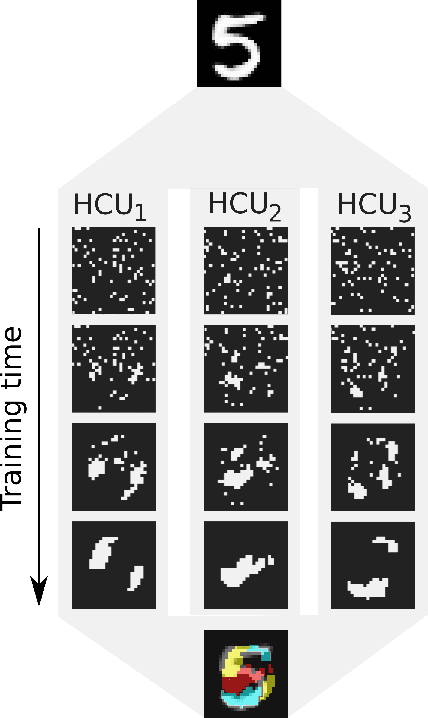
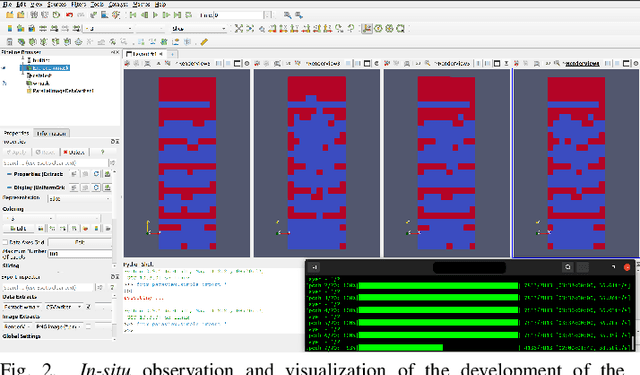
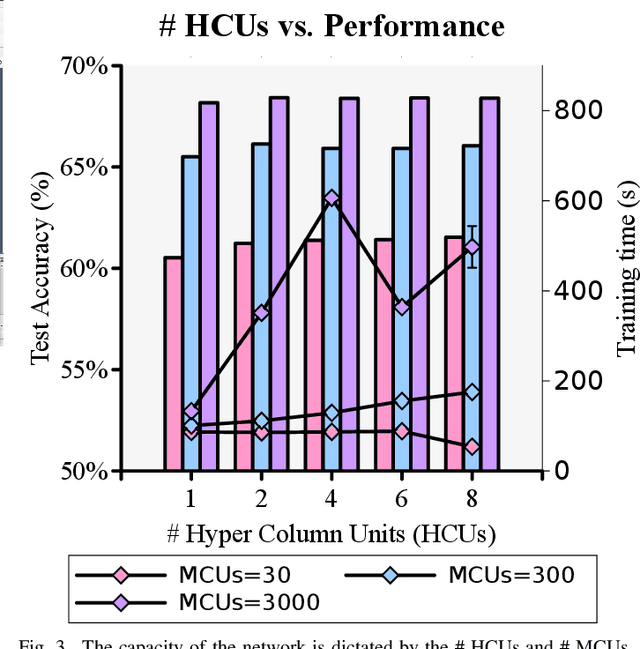
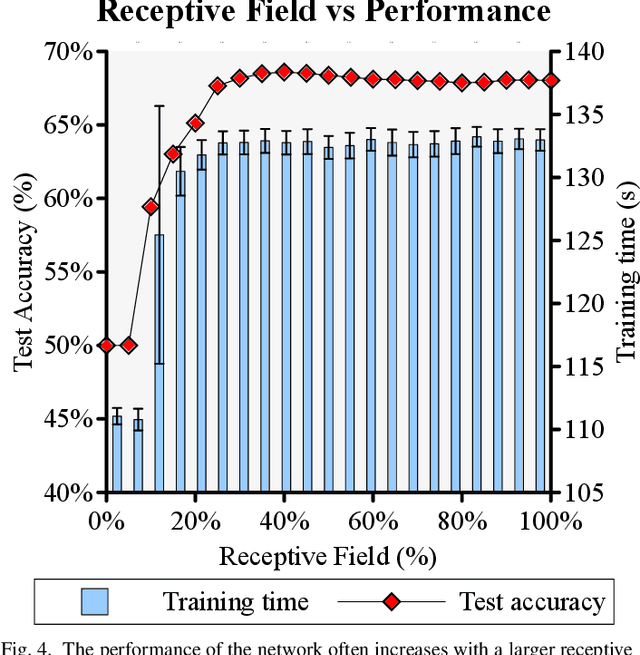
Abstract:One of the most promising approaches for data analysis and exploration of large data sets is Machine Learning techniques that are inspired by brain models. Such methods use alternative learning rules potentially more efficiently than established learning rules. In this work, we focus on the potential of brain-inspired ML for exploiting High-Performance Computing (HPC) resources to solve ML problems: we discuss the BCPNN and an HPC implementation, called StreamBrain, its computational cost, suitability to HPC systems. As an example, we use StreamBrain to analyze the Higgs Boson dataset from High Energy Physics and discriminate between background and signal classes in collisions of high-energy particle colliders. Overall, we reach up to 69.15% accuracy and 76.4% Area Under the Curve (AUC) performance.
StreamBrain: An HPC Framework for Brain-like Neural Networks on CPUs, GPUs and FPGAs
Jun 09, 2021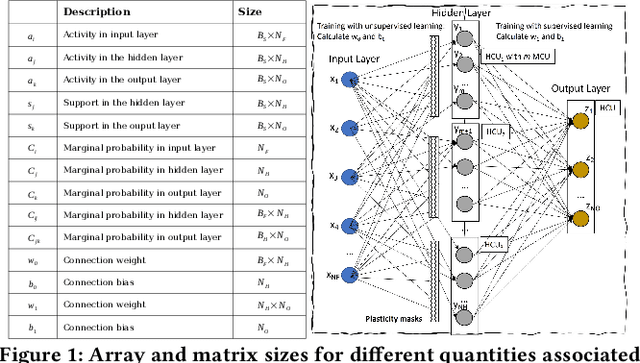

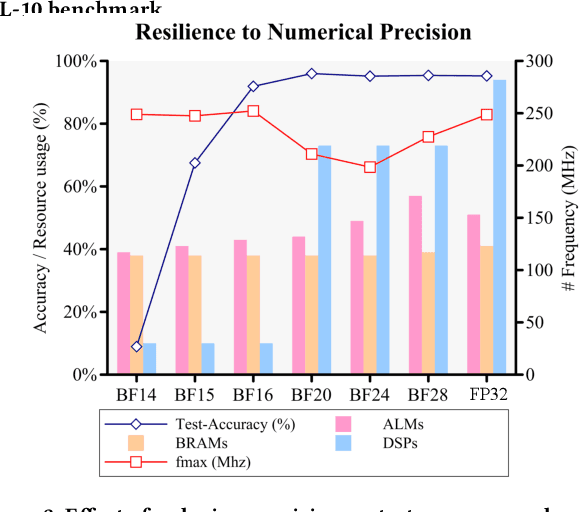
Abstract:The modern deep learning method based on backpropagation has surged in popularity and has been used in multiple domains and application areas. At the same time, there are other -- less-known -- machine learning algorithms with a mature and solid theoretical foundation whose performance remains unexplored. One such example is the brain-like Bayesian Confidence Propagation Neural Network (BCPNN). In this paper, we introduce StreamBrain -- a framework that allows neural networks based on BCPNN to be practically deployed in High-Performance Computing systems. StreamBrain is a domain-specific language (DSL), similar in concept to existing machine learning (ML) frameworks, and supports backends for CPUs, GPUs, and even FPGAs. We empirically demonstrate that StreamBrain can train the well-known ML benchmark dataset MNIST within seconds, and we are the first to demonstrate BCPNN on STL-10 size networks. We also show how StreamBrain can be used to train with custom floating-point formats and illustrate the impact of using different bfloat variations on BCPNN using FPGAs.
 Add to Chrome
Add to Chrome Add to Firefox
Add to Firefox Add to Edge
Add to Edge